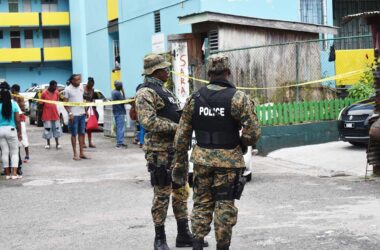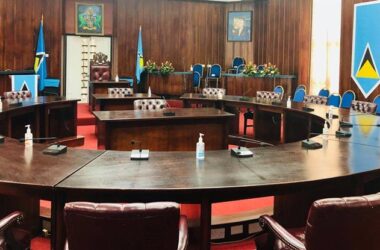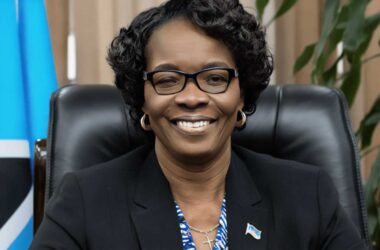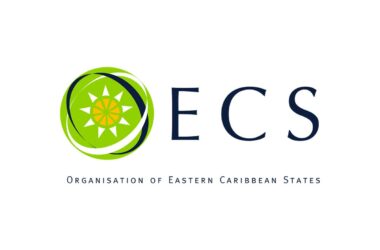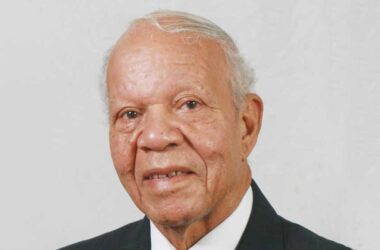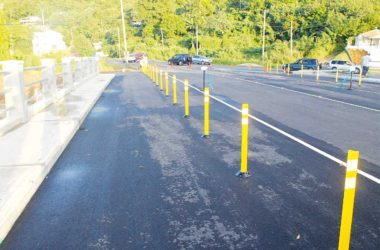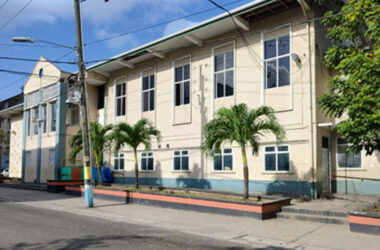COMMONWEALTH Heads of Government Meetings hardly discuss matters that attract huge Caribbean public interest. But the one just ended surely did get the attention of all the 12 Caribbean leaders attending.
It wasn’t planned that way, but just as the leaders of the 53 Commonwealth member-states gathered for their 2018 parley, the status and treatment of West Indians (and other Commonwealth nationals) in Britain became a hot-button public issue.
Some harrowing stories were being reported in the UK press about British West Indians who migrated to the UK decades ago – many to help rebuild Britain after World War II — today being arrested, detained and deported over their immigration status.
A 61-year-old Jamaican woman who’d been in England for over 50 years, working and paying her taxes all her life, had to go to court to win the right to remain after she was arrested and about to be deported.
A 66-year-old Barbadian who arrived in London in 1961 and has lived and worked in the UK for 56 years lost his job as a special needs assistant at a school — after 15 years employed — because the administration found he did not have a biometric identity card.
Thousands of West Indians in the UK have been threatened with deportation to countries they left as children over 50 years ago and have not returned to since. Others have been denied access to healthcare, lost jobs or been made homeless because they do not have sufficient paperwork to prove they have ‘the right’ to be in the UK.
Newly-tightened immigration rules have resulted in tens of thousands of people living and working and paying taxes in the UK for decades, who believed they were British citizens all their lives, now being told in an official statement: “Recent changes to the law mean that if you wish to work, rent property or have access to benefits and services in the UK, then you will need documents to demonstrate your right to be in the UK.”
The Migration Observatory at Oxford University estimates that about 50,000 Commonwealth-born persons in the UK, who arrived before 1971, may not yet have regularized their residency status and could be vulnerable to these difficulties.
The protests have been loud. Some are calling for a government solution which is “free, fast and fair”, directly proposing a window (period) during which people affected could be helped to sort-out the difficulty, with legal advice given — and Home Office fees waived. Still others are calling for compensation for those affected.
Originally from the colonies that preceded the nations represented by the 12 CARICOM leaders attending the CHOGM, all those affected have families that have also lived all their lives in the UK. Each also has relatives in the Caribbean today .
UK parliamentarians with Caribbean roots have reminded Westminster that despite terrible conditions in the colonies at the time, over 25,000 West Indians fought alongside British troops in World Wars I and II.
The fate of the so-called ‘Windrush’ Generation – named after a British ship that transported them from Caribbean ports to London – attracted enough attention across the UK to force the British government to backtrack on an earlier rejrection of a Caribbean request for the UK Prime Minister to discuss the issue with the CARICOM leaders at the summit.
The British government has offered assurances that the CARICOM leaders have promised to hold it to.
With CHOGM 2018 now over, it’s to be seen to what extent the implementation and policing of the promised new approaches will translate into solace and satisfaction for those affected.
There is, however, one fundamental truth to be taken away from this unfortunate and offensive episode, and it is this: however long you remain in another land, you remain a stranger. You have only one home.



